Building Stronger Communities: The Importance of Diversity, Equity, and Inclusion
In today’s interconnected world, the concepts of Diversity, Equity, and Inclusion (DEI) have become central to creating workplaces and communities that are not only fair but also innovative and dynamic. Embracing DEI is about more than just meeting quotas or avoiding legal issues; it’s about fostering an environment where everyone feels valued, respected, and empowered to contribute. In this blog post, we’ll explore what DEI means, why it’s important, and how organizations can implement effective DEI strategies to build stronger, more resilient communities.
Understanding Diversity, Equity, and Inclusion
1. Diversity
Diversity refers to the variety of differences among people, including race, ethnicity, gender, age, sexual orientation, disability, socioeconomic status, and more. It also encompasses differences in experiences, perspectives, and ideas. A diverse environment brings together individuals with unique backgrounds and viewpoints, enriching discussions, problem-solving, and creativity.
2. Equity
Equity goes beyond equality by recognizing that everyone has different needs, challenges, and opportunities. While equality focuses on treating everyone the same, equity involves providing the necessary resources and support to ensure that everyone has a fair chance to succeed. Equity acknowledges systemic barriers and aims to remove them so that all individuals can thrive.
3. Inclusion
Inclusion is about creating a sense of belonging where all individuals feel respected, accepted, and valued. It’s not enough to have a diverse group of people; true inclusion means that everyone’s voice is heard, and their contributions are recognized. Inclusive environments encourage collaboration, innovation, and a sense of community, where differences are celebrated rather than merely tolerated.
Why Diversity, Equity, and Inclusion Matter
1. Fostering Innovation and Creativity
Diverse teams are more innovative and creative because they bring together a wide range of perspectives and experiences. When people with different backgrounds collaborate, they are more likely to challenge assumptions, think outside the box, and develop unique solutions to complex problems. Organizations that prioritize DEI are better equipped to adapt to changes and stay competitive in a rapidly evolving market.
2. Enhancing Decision-Making
A diverse and inclusive environment leads to better decision-making. Research shows that diverse teams are more likely to consider different viewpoints and evaluate a broader range of options, leading to more informed and effective decisions. This approach reduces the risk of groupthink and helps organizations navigate challenges with greater agility.
3. Attracting and Retaining Talent
Today’s workforce is increasingly diverse, and top talent seeks out organizations that value DEI. Companies that prioritize DEI are more attractive to job seekers, especially those from underrepresented groups. Moreover, inclusive workplaces tend to have higher employee satisfaction and retention rates, as employees feel valued and supported in their professional growth.
4. Strengthening Community and Social Responsibility
Organizations that embrace DEI contribute to the creation of stronger, more cohesive communities. By promoting equity and inclusion, they help to address systemic inequalities and foster social justice. This not only enhances the organization’s reputation but also strengthens its ties to the community and contributes to a more just and equitable society.
Implementing Effective DEI Strategies
1. Commit to Continuous Learning and Education
Creating a culture of DEI starts with education. Organizations should provide regular training on unconscious bias, cultural competence, and inclusive practices. This helps employees recognize their own biases and learn how to create a more inclusive environment. Continuous learning also involves staying informed about DEI issues and best practices, ensuring that the organization’s efforts evolve over time.
2. Develop Inclusive Policies and Practices
To truly embed DEI into the fabric of an organization, it’s essential to develop policies and practices that promote equity and inclusion. This includes everything from recruitment and hiring practices to performance evaluations, promotions, and pay equity. Organizations should also establish clear channels for reporting and addressing discrimination and harassment, ensuring that all employees feel safe and supported.
3. Empower Leadership and Accountability
Leadership plays a critical role in driving DEI efforts. Leaders must not only advocate for DEI but also model inclusive behavior in their daily interactions. Organizations should set measurable DEI goals and hold leaders accountable for meeting them. This might involve incorporating DEI metrics into performance evaluations or establishing DEI committees to oversee initiatives and track progress.
4. Foster Open Communication and Dialogue
An inclusive environment encourages open communication and dialogue. Organizations should create spaces where employees can share their experiences, provide feedback, and discuss DEI issues. This might involve regular town hall meetings, diversity councils, or anonymous surveys. By listening to employees and involving them in the DEI process, organizations can better understand the needs and concerns of their workforce.
5. Celebrate Diversity
Finally, organizations should celebrate diversity by recognizing and honoring the various cultures, traditions, and identities within the workplace. This might involve celebrating cultural holidays, hosting diversity-themed events, or highlighting the contributions of underrepresented groups. Celebrating diversity not only reinforces the organization’s commitment to DEI but also fosters a sense of pride and belonging among employees.
Conclusion
Diversity, Equity, and Inclusion are not just buzzwords; they are essential components of a thriving, dynamic organization. By embracing DEI, organizations can foster innovation, improve decision-making, attract top talent, and strengthen their communities. However, creating a truly inclusive environment requires a sustained commitment to learning, policy development, leadership, communication, and celebration. When done right, DEI efforts can transform organizations, making them more resilient, adaptable, and successful in today’s diverse and interconnected world.
Contact us to learn more about corporate training opportunities: (416) 489- 8946 / [email protected]


No responses yet